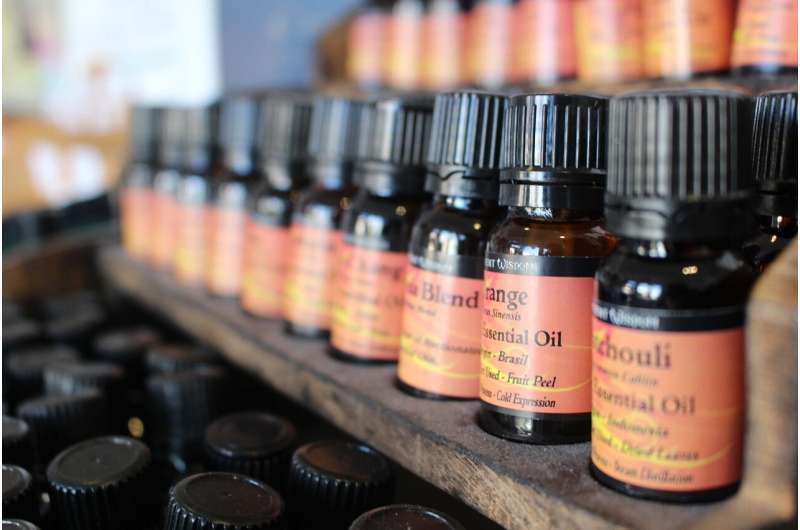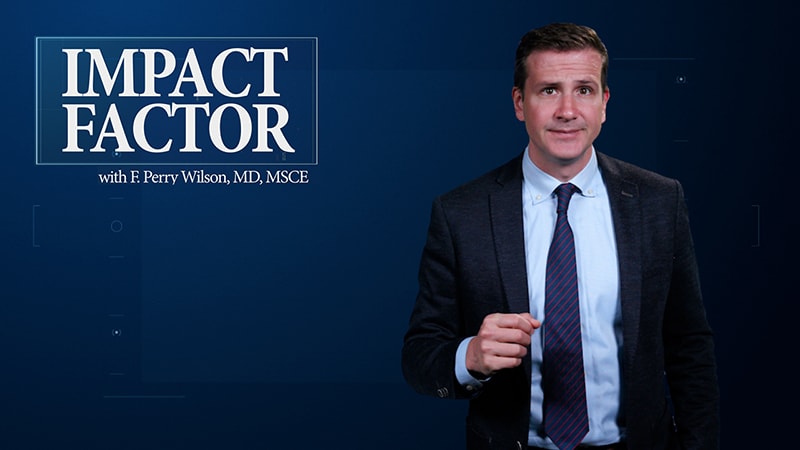Table of Contents

Above 40 percent of Canadians have applied at least a person risk-connected option overall health-treatment cure in the earlier 12 months, claims a new UBC examine published in PLOS One particular.
The scientists explored choice wellbeing-treatment therapies where by the tested advantages do not justify the dangers concerned. They uncovered that persons who obtain these therapies are inclined to be wealthier, like novelty and having threats, and are also much more likely to distrust conventional medicine.
The multidisciplinary examine in between UBC University of Nursing and the University of Alberta Well being Regulation Institute included a survey of 1,492 Canadians ages 16 and in excess of and is the very first to take a look at risk-associated alternative health and fitness care use in Canada, stated UBC professor Dr. Bernie Garrett.
“Many choice health and fitness-treatment therapies are harmless, but couple of can end result in actual physical injuries or dying. As folks are now a lot more often accessing riskier option wellness treatment, we wished to realize why they would use unproven and possibly destructive therapeutics as a substitute of medically proven ones,” explained Dr. Garrett. “Our purpose was also to establish aspects that could predict engagement behaviors.”
Susceptible to persuasion, and skeptical of science
Amongst these who engaged in risky different health and fitness care, physical manipulative therapies such as cervical chiropractic manipulation, and likely toxic herbal and nutritional dietary supplement use, were the most frequent. They ended up accessed by 68 p.c and 55 p.c respectively. At minimum a single in 10 users engaged in better-threat invasive or untested treatments these types of as injecting most likely hazardous substances into veins.
The scientists also applied a wide variety of present psychometric instruments to see if they could predict the chance of engagement with riskier choice wellness treatment. They uncovered two equipment were being notably efficient: one particular that steps susceptibility to marketing strategies, and a different that assesses have faith in in science.
Persons who had additional have confidence in in science were being less likely to interact in different health care than these who experienced destructive attitudes about science and scientific authority. Persons who ended up more likely to use dangerous alternate medication were being additional inclined to social stress, experienced optimistic attitudes to promotion, a better motivation for novelty, and a larger tolerance of risk typically.
“This examine presents critical evidence of the part played by advertising and marketing and social media marketing and advertising in advertising and marketing option health and fitness care. This style of marketing and advertising is less controlled, and the advertisements can be pretty persuasive, generally working with beneficial purpose types like famous people and influencers. They hardly mention side results whilst promising the capability to control one’s individual health outdoors of typical medication,” claimed Dr. Garrett.
Gender and prosperity also participate in a section
Riskier choice health treatment uptake in the Canadian general public was also identified to be motivated by socioeconomic things, together with gender, age and prosperity:
- Girls had been far more very likely to decide on option overall health care, most likely owing to focused promoting that capitalizes on idealized entire body pictures and their position as most important caregivers.
- More mature respondents, particularly those in excess of 55, had been additional hesitant, perhaps because they are far more seasoned.
- Wealthier individuals and people with greater instruction have been much more most likely to use different wellbeing care, probably owing to affiliated fees of this sort of remedies.
- Contrary to some other conclusions, Canadians of Asian descent had been less very likely to use risky alternative well being care. Reasons for this have been unclear, despite the fact that encounter and monetary barriers may well be a factor.
As engagement in possibility-involved alternative wellness care increases, the scientists emphasize that wellbeing-care techniques and the advertisement of health and fitness-treatment therapies ought to be based mostly on scientific evidence and matter to much better marketing polices to safeguard Canadians from probable damage.
“Figuring out and educating the general public on the considerable pitfalls encountered with some option health and fitness-treatment tactics is an crucial element of Canadian general public wellness promotion. It is not all harmless,” Dr. Garrett stated.
More data:
Bernie Garrett et al, Demographic and psychometric predictors connected with engagement in risk-related alternative health care behaviours, PLOS 1 (2023). DOI: 10.1371/journal.pone.0291016
Quotation:
Study finds folks who use alternate drugs favor hazard and novelty, and distrust science (2023, September 28)
retrieved 7 Oct 2023
from https://medicalxpress.com/news/2023-09-people-alternative-medication-favor-novelty.html
This document is subject to copyright. Aside from any good dealing for the goal of non-public examine or research, no
section may be reproduced without the need of the composed authorization. The articles is supplied for info functions only.





